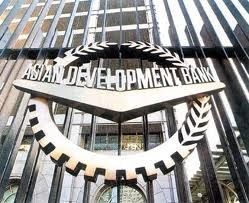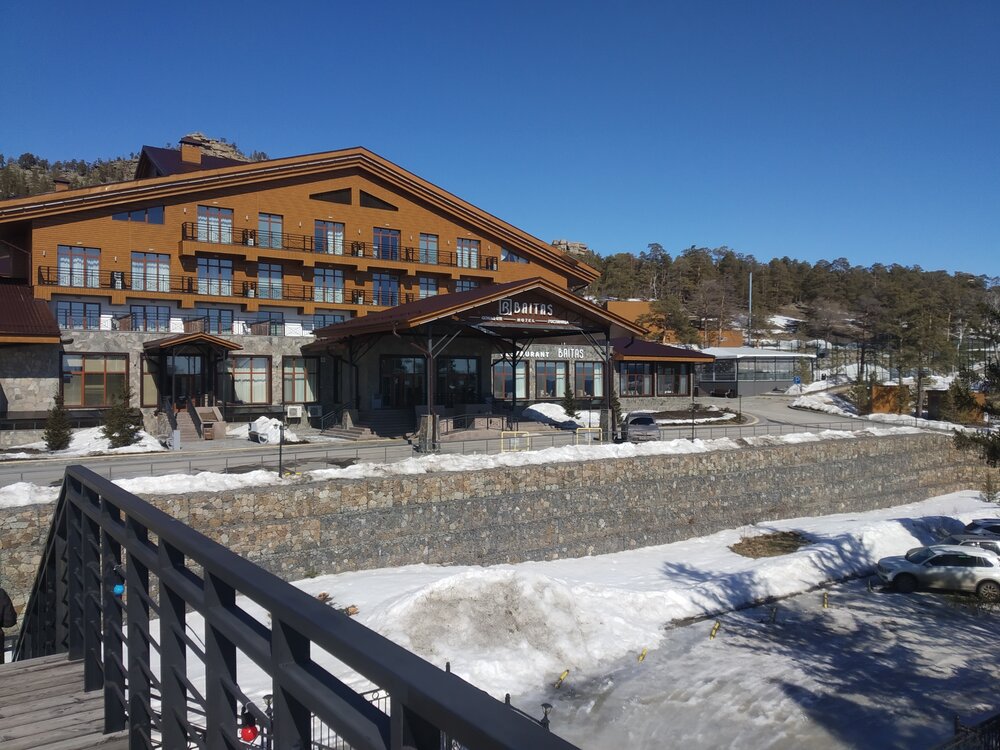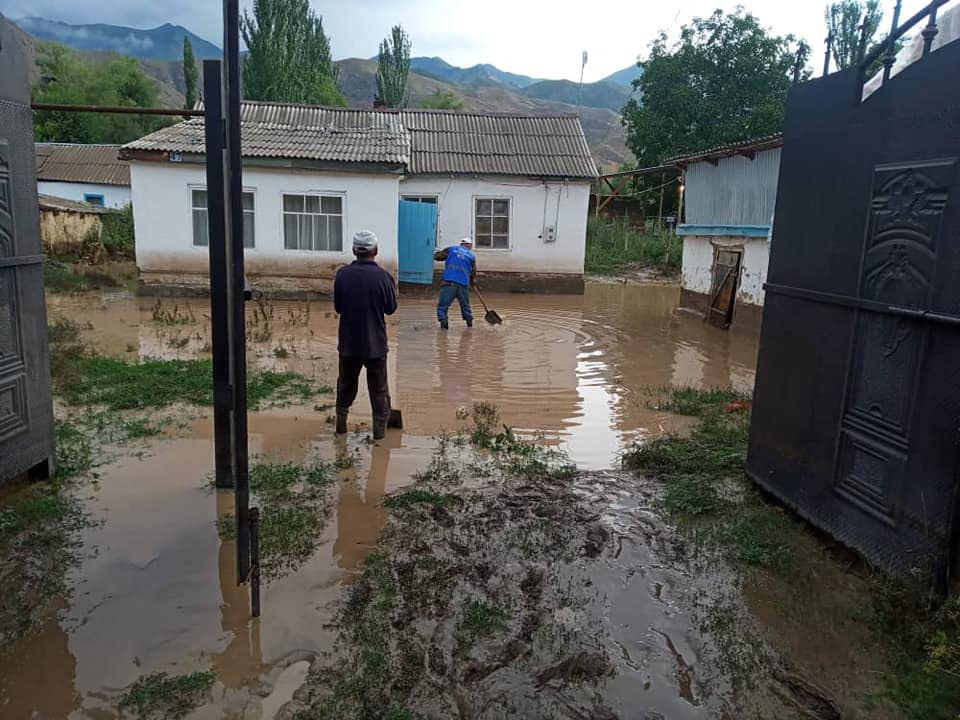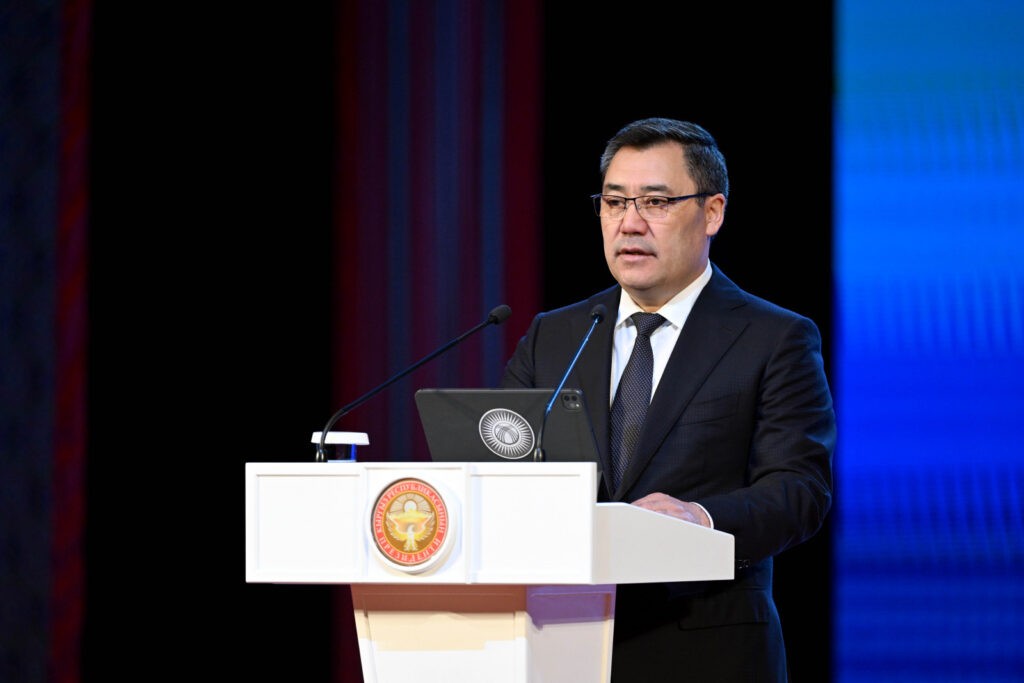NUR-SULTAN (TCA) — The Asian Development Bank (ADB) has approved a $100 million local currency equivalent loan to help expand the lending operations of the Housing Construction Savings Bank of Kazakhstan (HSCBK), the main institution implementing government housing finance programs in the country. This will allow more than 3,000 women, particularly in the rural areas, to have access to affordable housing finance, ADB’s country office said on October 25.
“Women account for a significant portion of Kazakhstan’s labor force and are a major contributor to the economy, but they still find it difficult to access affordable, long-term, fixed-rate mortgage credit,” said ADB Country Specialist for Kazakhstan Mr. Mirzo Iskandar Gulamov. “ADB, through the loan to HSCBK, is committed to empowering women and increasing their awareness and access to finance, which can help them become more productive.”
Although 4.4 million out of the 9.1 million women in Kazakhstan are in the labor force and about 51% are the head of their households, women are still paid on average one-third less than men. Lower income levels mean they also find it more difficult than men to obtain affordable mortgage finance.
As well as providing long-term affordable mortgage financing to more than 3,000 eligible women, the Promoting Gender Equality in Housing Finance Project will also ensure that gender inclusiveness is integrated in the banking sector’s housing finance operations. The project will support HSCBK’s adoption of a gender policy and the implementation of three nationwide public awareness campaigns on housing finance products for women.
Over 60,000 of HSCBK’s borrowers are women, of which 64% are located outside the country’s two largest cities of Nur-Sultan and Almaty. More than 60% of ADB’s loans to HSCBK will be allocated to women in rural areas, while at least 20% will be earmarked for low-income women borrowers.
In addition to the loan, ADB will also implement a $620,000 technical assistance grant to strengthen the operational capacity, quality, and reach of HCSBK in relation to the low- and middle-income female population in Kazakhstan, with a focus on financial inclusion and poverty reduction.









